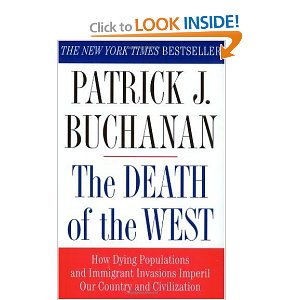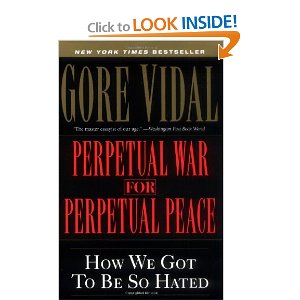“For the United States, the price of victory goes far beyond the dollars spend on warheads, foreign aid, soldiers, propaganda, and intelligence. It includes, for instance, time wasted, talent misdirected, secrecy imposed, and confidence impaired. Particular costs were imposed on industry, science, and the universities. Trade was distorted and growth impeded.” (page xi)
“CIA world-order men whose intrigues more often than not started at the incompetent and went down from there, White House claims of ‘national security' to conceal deceit, and the creation of huge special interests in archaic spending all too easily occurred because most Americans were not preoccupied with the struggle.” (page 643)
Although the author did not consult the most recent intelligence reform books (e.g. Berkowitz, Johnson, Treverton, inter alia), he is consistently detailed and scathing in his review of intelligence blunders and the costs of secrecy–in this he appears to very ably collaborate the findings of Daniel Ellsberg's more narrowly focused book on “SECRETS: A Memoire of Vietnam and the Pentagon Papers.” He points out, among many many examples, that despite Andropov's having been head of the KGB for fifteen years, at the end of it CIA still did not know if Andropov has a wife or spoke English. He also has a lovely contrast between how little was learned using very expensive national technical means (secret satellites) and open sources: “So much failure could have been avoided if CIA has done more careful homework during the 1950s in the run-up to Sputnik; during the 1960s, when Sovieet marshals were openly publishing their thoughts on nuclear strategy; or during the 1970s and 1980s, when stagnation could be chronicled in the unclassified gray pages of Soviet print. Most expensively, the CIA hardly ever learned anything from its mistakes, largely because it would not admit them.” (pages 567-568).
The author's biographic information does not include any reference to military service, but footnote 110 suggests that he was at least in Officer Candidate School with the U.S. Marine Corps during the Vietnam era. The biography, limited to the inside back jacket flap, also avoids discussing the author's considerable experience with information technology. Given the importance of this critique of all that most Republicans and most 50-70 year olds hold very sacred, we need to more about the man goring the ox. Future editions should have a much expanded biography.
Bottom line: America muddled through the Cold War, made many costly mistakes, and developed a policy-making process that is, to this day, largely uninformed due to a lack of a comprehensive global intelligence capability, or a sufficient means of consulting diverse experts (as opposed to the in-town intellectual harlots). If ever we needed a clean-sheet look at how we make policy and how we provide decision-support to that policy process, this is the time. The “fifty-year wound” is still open, and the author warns us it will not heal without a reappraisal of how we do the business of national security.












